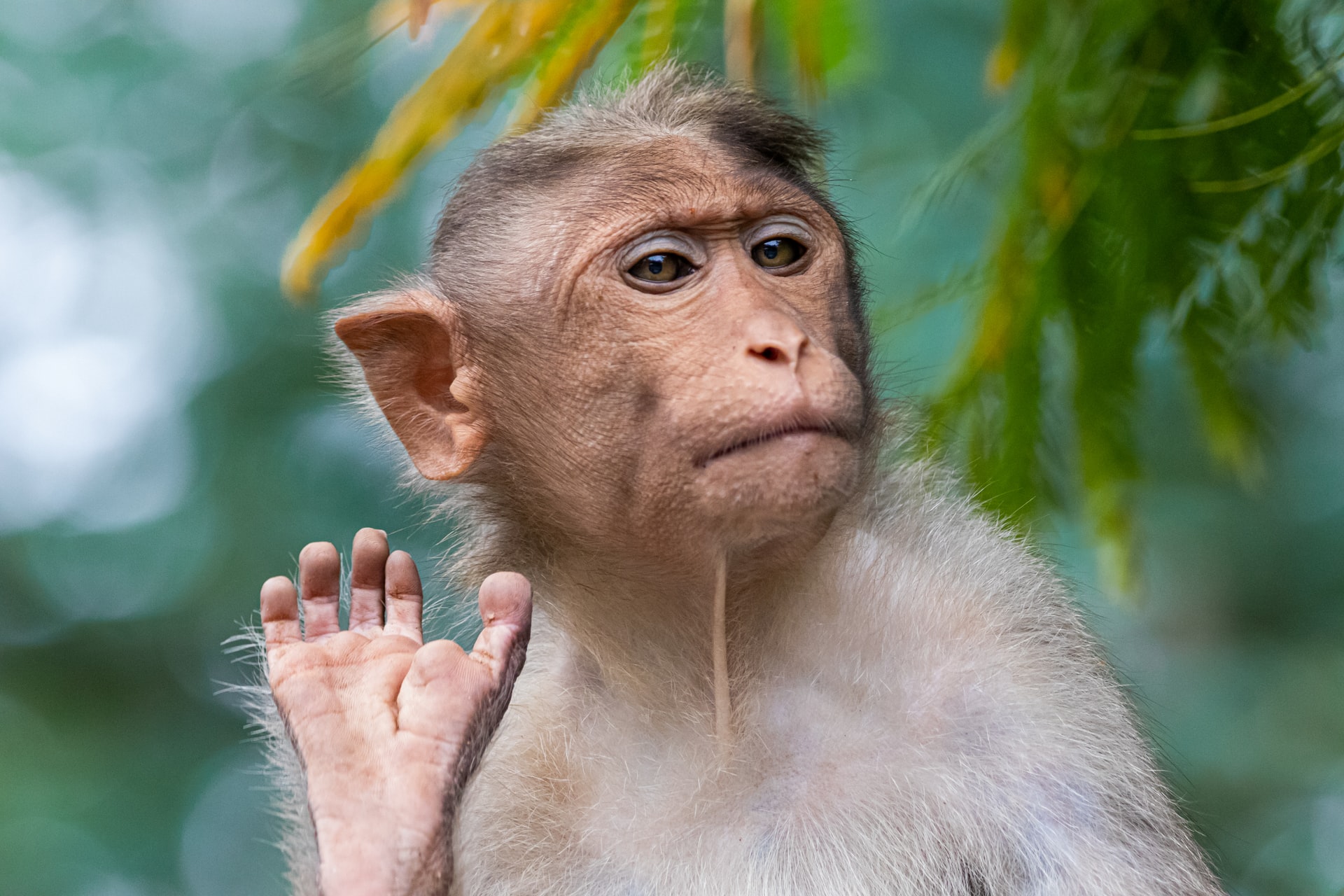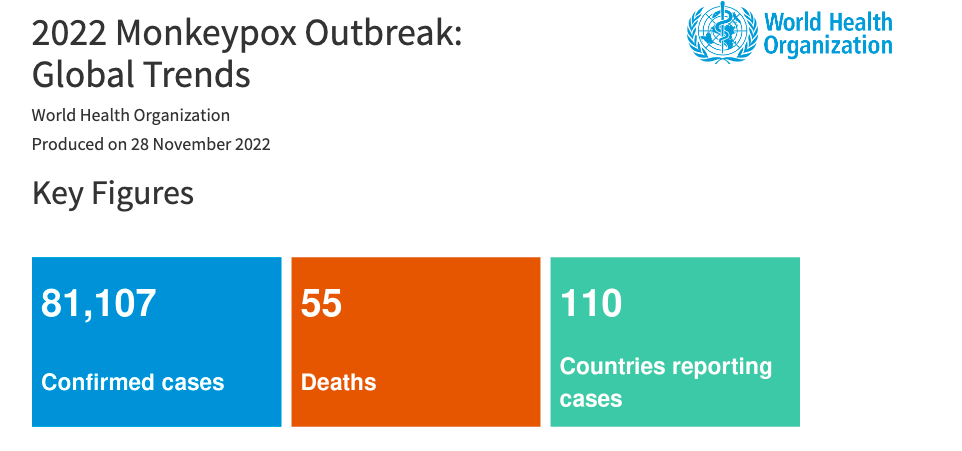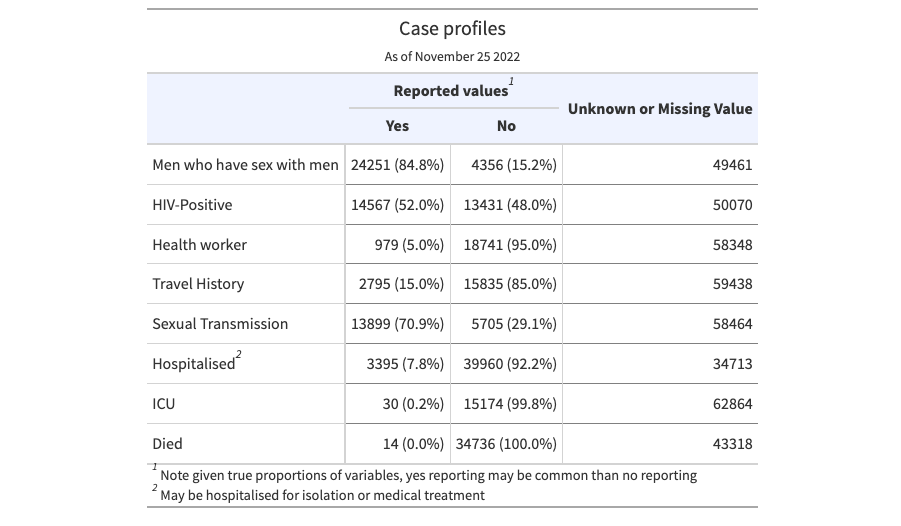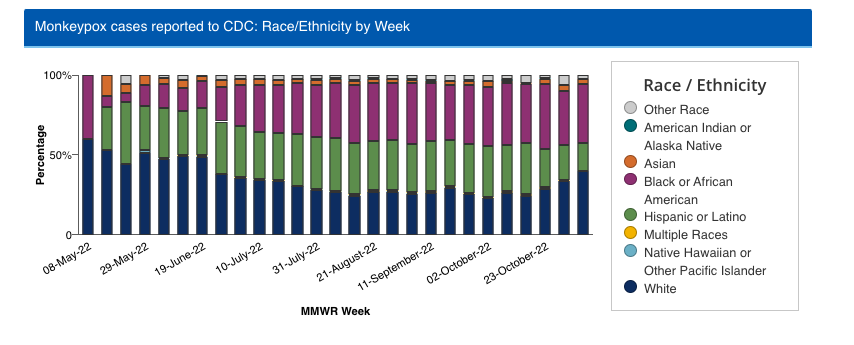Monkeypox will no longer be called monkeypox

The World Health Organization (WHO) announced in June that monkeypox or monkeypox would be renamed. Here's why and what it will be called
In June, a group of scientists published an article in Virological calling for monkeypox or monkeypox to be renamed.
Yesterday the World Health Organization (WHO) announced what the new name will be.
THE TRANSITION FROM MONKEYPOX TO MPOX
“Following a series of consultations with global experts, WHO will begin using the new term 'mpox' as a synonym for monkeypox. Both names will be used concurrently for one year, while 'monkeypox' will be phased out." This is what was communicated in a note from the WHO.
According to experts, the term 'mpox' can also be used in other languages than English, but if naming issues arise, they will be addressed in the same vein. Translations are also usually discussed in collaboration with the relevant government authorities and the scientific societies concerned.
WHY WHO DECIDES
As the Agency explains, the assignment of names to new diseases and, very exceptionally, to existing ones is the responsibility of WHO itself, through a consultative process involving its Member States.
WHY MONKEYPOX CHANGES NAME
As already denounced by the authors in the title itself ( Urgent need for a non-discriminatory and non-stigmatizing nomenclature for monkeypox virus ) of the article published in Virological , WHO explained that the decision was taken following various reports about the use of the name of the disease in racist and stigmatizing language online, as well as in other settings and in some communities.
The first time the term 'monkey pox' was used for humans was in 1970, after the virus that causes the disease was discovered in captive monkeys in 1958 – although in fact its origin is still unknown and it may not even have been born of monkeys.
“According to good practice – says the WHO – the names of new diseases should be assigned with the aim of minimizing the unnecessary negative impact of the names on trade, travel, tourism or animal welfare, avoiding offend any cultural, social, national, regional, professional or ethnic group”.
THE DATA ON THE MPOX
Since the outbreak of the recent epidemic, more than 81,000 cases and 55 deaths due to MPox have been reported to WHO in 110 countries so far.

According to the Organization, the global risk remains moderate and, outside the countries of West and Central Africa, the epidemic continues to affect mainly men who have sex with men.

FORECASTS AND INEQUALITIES
But in the United States – where New York and San Francisco were two of the first cities to declare mpox a health emergency last summer – despite the name change, some experts fear that “if the virus stays around (like very likely) and if disparities persist (as they almost certainly will), the disease could end up afflicting thousands of vulnerable Americans each year with yet another debilitating, stigmatized and neglected disease.”
Indeed, even as the number of new infections decreases, inequalities increase. The Atlantic notes that while there are currently about 15 cases a day among Americans (that's less than 4 percent of the number of cases recorded when the surge was at its peak), blacks and Hispanics make up the majority of new cases and contract the disease at a rate 3 to 5 times that of whites, largely because they received proportionately fewer vaccines .

This is a machine translation from Italian language of a post published on Start Magazine at the URL https://www.startmag.it/sanita/il-vaiolo-delle-scimmie-non-si-chiamera-piu-monkeypox/ on Tue, 29 Nov 2022 09:32:37 +0000.
